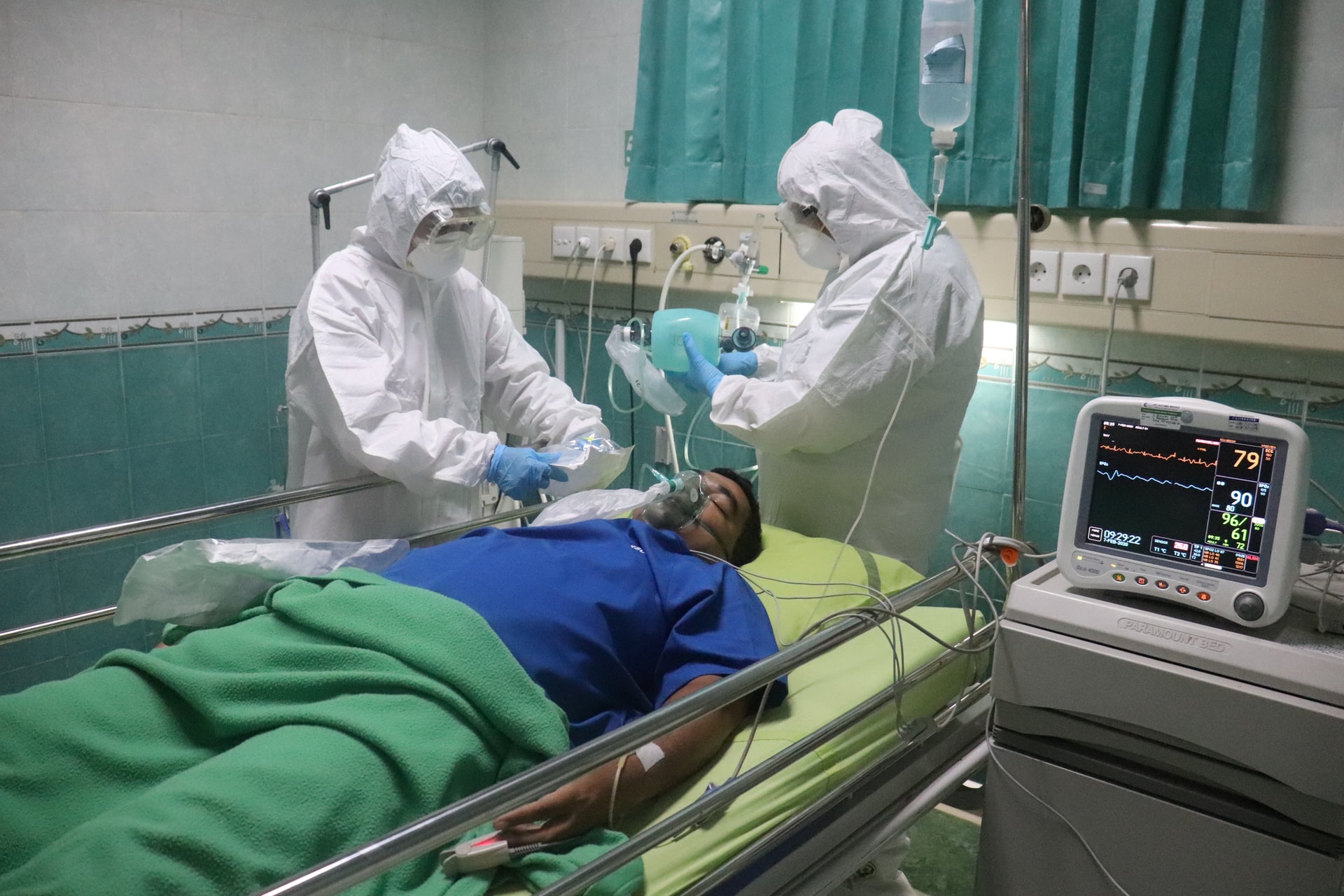Dangers of Misinformation

We have seen an explosion of misinformation in the media during the pandemic. Many of us have seen one of those dubious health tips that says drinking hot tea or eating lots of garlic will prevent you from catching the coronavirus. Some say the vaccines are designed by Bill Gates to implant us with 5G microchips. Some even claim that the pandemic is a political hoax to control people. Sometimes, fear makes us consider things without good reason.
The result of these types of misinformation is a breakdown of political stability, public health and the economy. The US capitol riots on January 6 is one example of the types of damaging events that misinformation can help create. Misinformation about voter fraud and election rigging had been spreading for months leading up to this event. In Wisconsin, a pharmacist was arrested for spoiling COVID-19 vaccines after being influenced by misinformation that said the vaccines altered human DNA. In Alberta, the public administrators’ mischaracterization of the covid19 pandemic has led the province to lift pandemic restrictions too soon, resulting in massive wave of infections and increased deaths. The theories and misinformation that influence these kinds of decisions threaten to undermine our safety.
When it comes to social media, misinformation spreads like wildfire due to our innate desire for sensational content. It has given every individual a platform that was once reserved for large institutions with no accountability for truthfulness. If I have thousands of followers and post that ‘Covid-19 is over!’, I am creating a serious public health risk.
The ability to spot what is fake is so important today because it is so easy to fake things online. In order to prevent the spread of misinformation, we must remind ourselves that all media must be consumed with a strong dose of skepticism. If something seems too good to be true, it probably is. Before you believe or share anything in the media, you should check that the information came from a trusted source like the World Health Organization. You should also verify multiple sources like google, Wikipedia and fact-checking sources like snopes.com to make sure they all report the same thing. If we all do our part in raising our media literacy, we can help stop misinformation in its tracks.